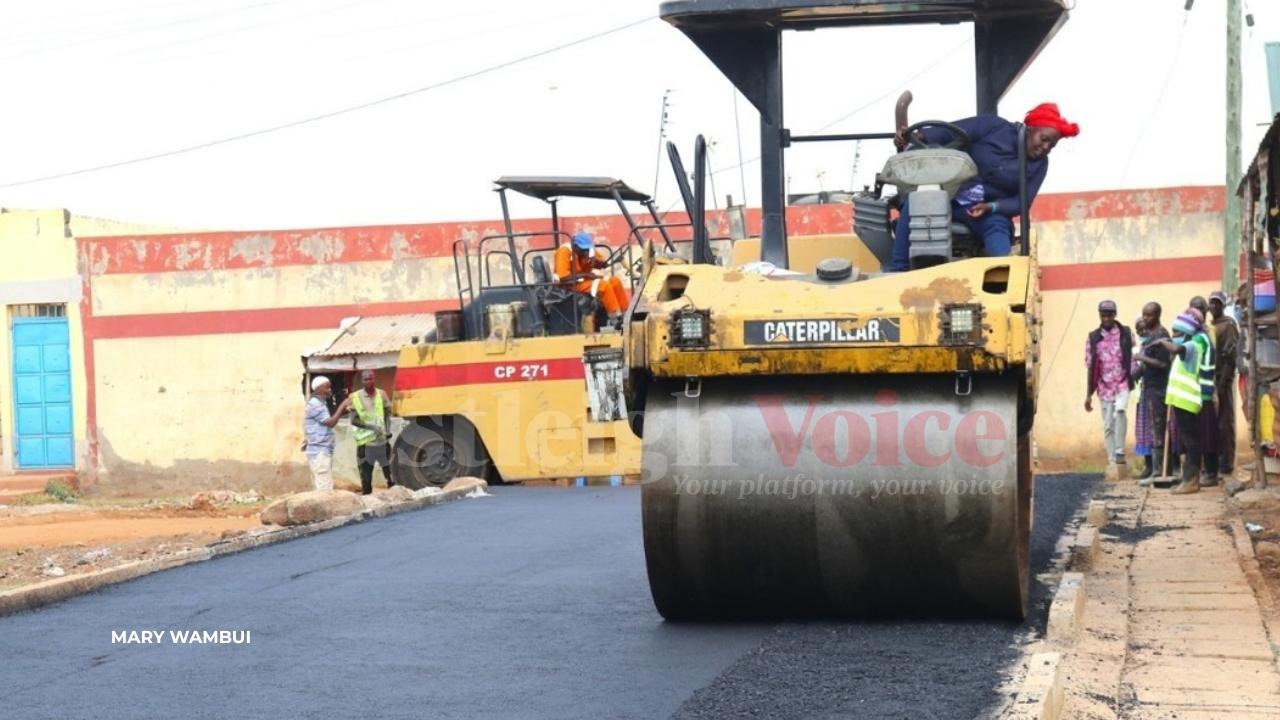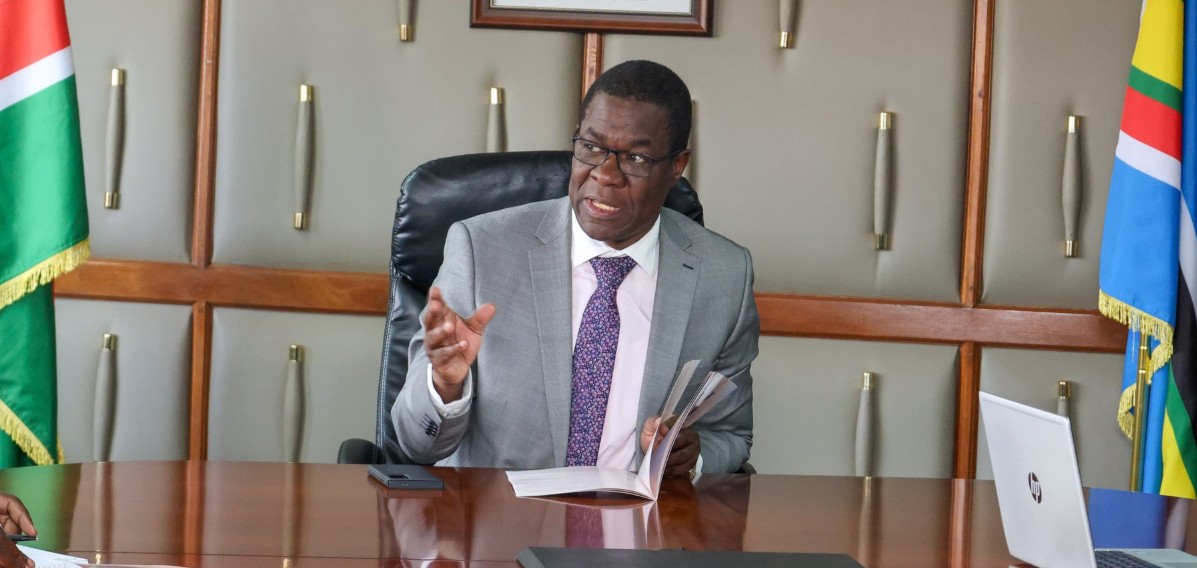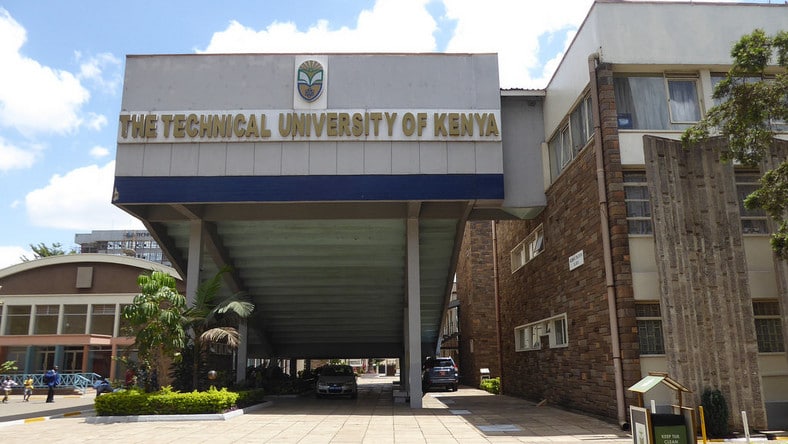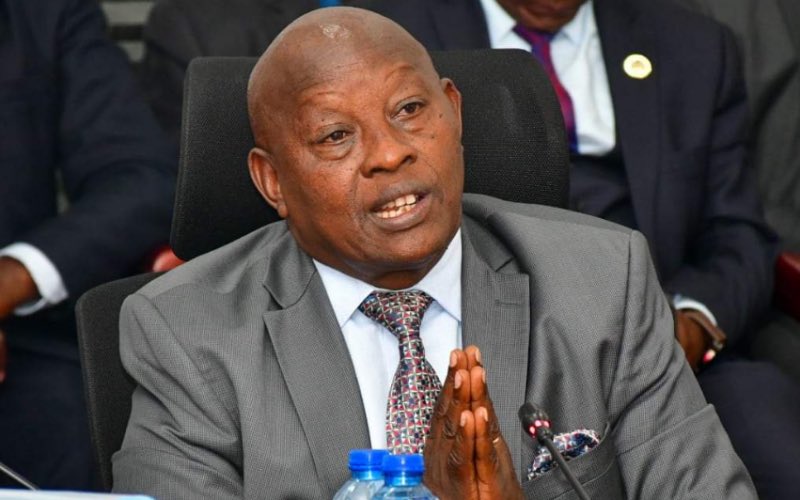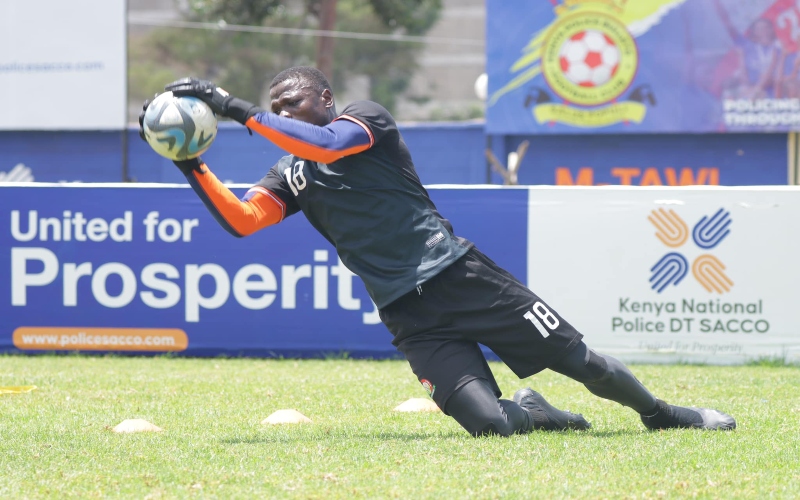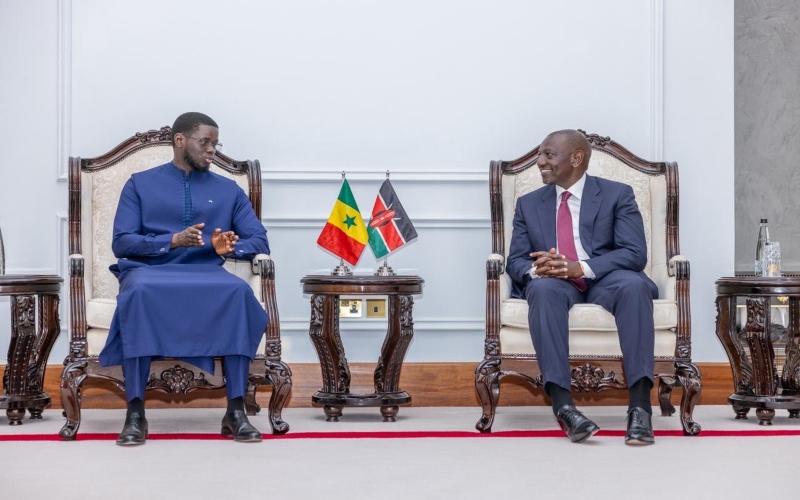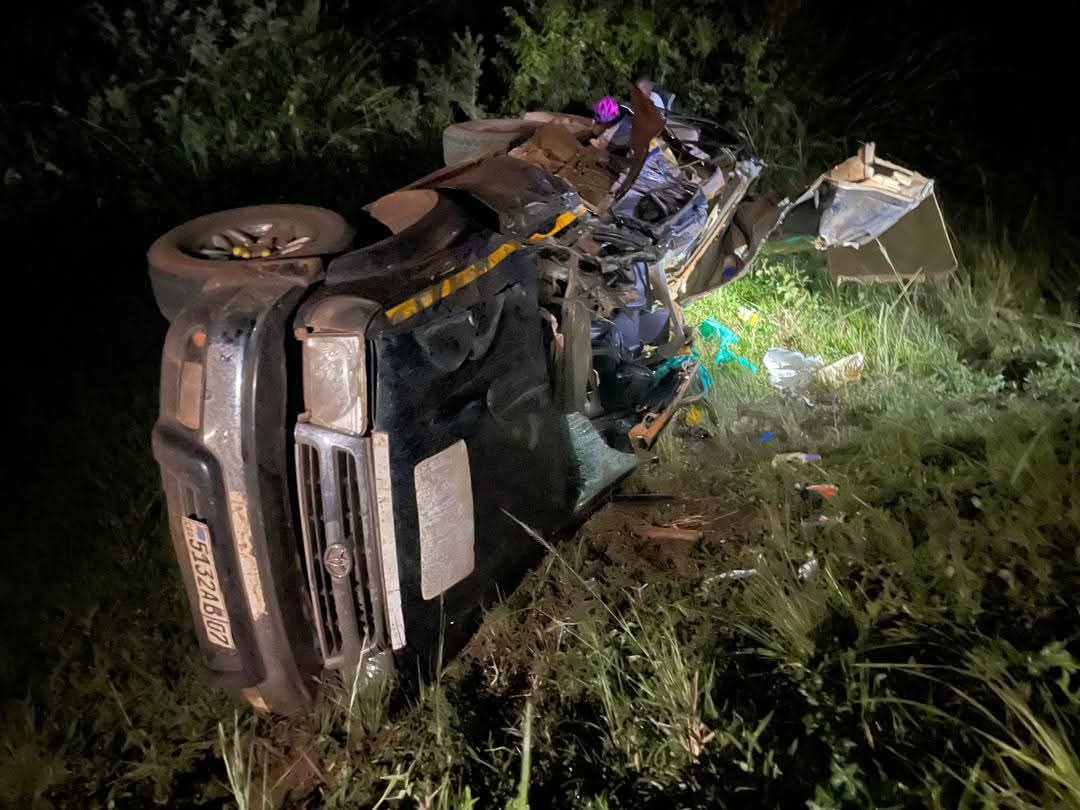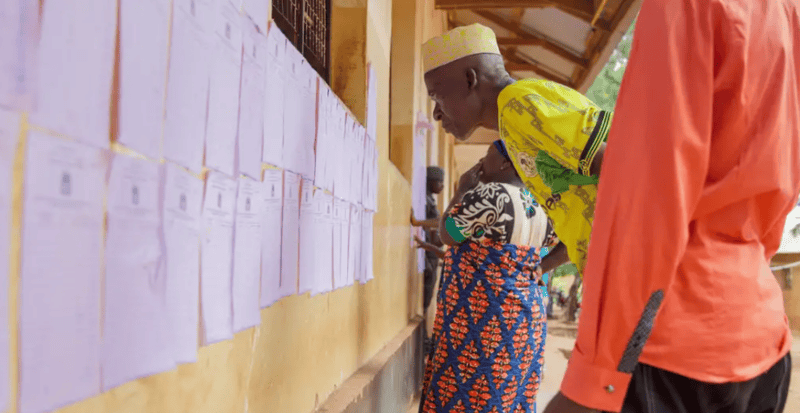South Africa takes diplomatic centre stage with genocide case v Israel

Pretoria is sending some of its top lawyers to The Hague for a legal showdown at the International Court of Justice.
South Africa hopes that a landmark genocide case against Israel at the UN's top court will bolster its international standing and help the government win domestic support ahead of a key election this year.
Pretoria is sending some of its top lawyers to The Hague for a legal showdown at the International Court of Justice (ICJ), where it is seeking to compel Israel to halt its military operations in Gaza.
More To Read
- Gaza intensifies efforts to clear rubble, reopen roads amid severe shortage of fuel
- With 83 per cent of its buildings destroyed, Gaza needs more than money to rebuild
- What role for Arab powers in shaping postwar Gaza?
- UN releases Sh1.4 billion for Gaza aid as ceasefire, hostage release bring ‘fragile hope’
- Outrage as Israel sends freed Palestinian prisoners to Egypt instead of home
- Calls to rename Kruger National Park spark fresh colonial-era debate in South Africa
"They are an A-team," said Cathleen Powell, an international law professor at the University of Cape Town.
"They combine people with expertise in international law with people who are particularly good at arguing cases before court."
It is South Africa's first application to the ICJ, a move that analysts say was influenced by history and politics.
The ruling African National Congress (ANC) has long been a firm supporter of the Palestinian cause, often linking it to its own struggle against the white-minority government, which had cooperative relations with Israel.
Anti-apartheid icon Nelson Mandela famously said South Africa's freedom would be "incomplete without the freedom of the Palestinians".
Addressing ANC supporters this week, President Cyril Ramaphosa said Mandela's teachings inspired the legal action, describing the case as a "matter of principle".
"The people of Palestine today are being bombed, they are being killed," he said.
"We were duty-bound to stand up and support the Palestinians."
Yet, analysts say there is more to it.
'Media-seeking stunt'
A member of BRICS, an acronym for Brazil, Russia, India, China and South Africa, Pretoria sees the group as a counterbalance to a Western-dominated international order.
Brazil's President Luiz Inacio Lula da Silva on Wednesday threw his support behind South Africa's case, with the South American country's foreign ministry saying in a statement that Israel must "immediately cease all acts or measures that may constitute genocide or related crimes."
Pretoria has filed the case against Israel because both countries have signed the UN Genocide Convention, created in 1948 as a response to the Holocaust.
But South Africa is not among the over 70 countries that recognise the ICJ's "compulsory jurisdiction", accepting its authority as binding.
The only two cases it has previously argued before the tribunal were as a respondent and date back to the 1960s when it was under apartheid rule.
Legal 'A-team'
Its legal team includes John Dugard, a former UN special rapporteur on human rights in the occupied Palestinian territories and an associate at leading international law firm Doughty Street Chambers, which also counts Amal Clooney among its members.
Seasoned litigator Tembeka Ngcukaitobi, who has dealt with politically thorny domestic cases, including the jailing of former president Jacob Zuma, is also part of the team.
In an 84-page submission, the lawyers urged judges to order Israel to "immediately suspend its military operations" in Gaza, alleging Israel "has engaged in, is engaging in, and risks further engaging in genocidal acts".
Legal commentators have noted the application is tightly argued and thoroughly referenced.
Israel has angrily hit back, with government spokesman Eylon Levy calling the case an "absurd blood libel".
In response to the bloodiest attack in its history carried out by Hamas militants on October 7, Israel has reduced large parts of the Gaza Strip to rubble with its bombing campaign.
ICJ hearings start on Thursday and a decision is expected in a matter of weeks.
While its decisions are binding, the ICJ has no way of enforcing them and they are sometimes completely ignored.
Story by AFP
Top Stories Today
